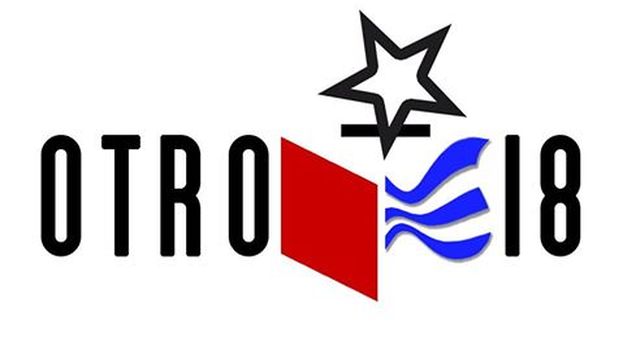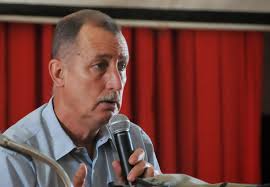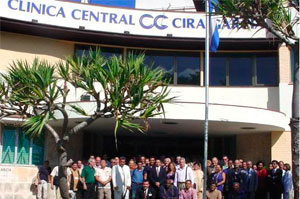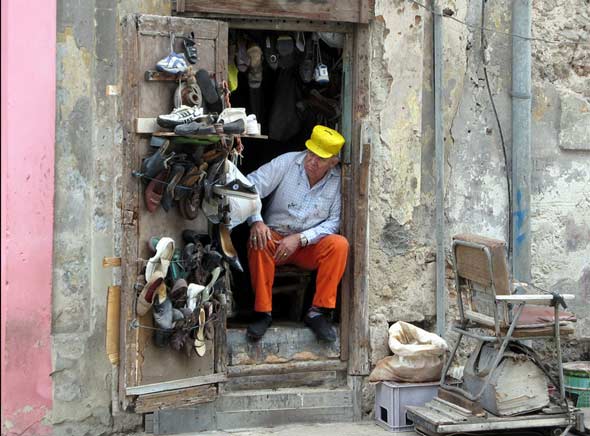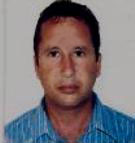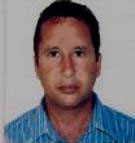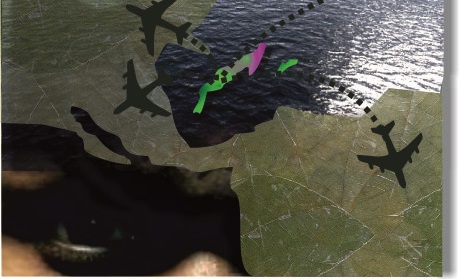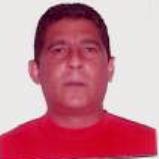
CUBLEX, 7 August 2021 — On August 17, Decree-Law No. 35 (DL35) was published in the Official Gazette: “On Telecommunications, Information and Communication Technologies, and the Use of the Radioelectric Spectrum” and Resolution 105 “National Action Model for the response to Cybersecurity incidents.”
What are the implications of these new rules? Do they criminalize freedom of expression on the internet?
Cubalex shares the opinions of our legal team on the matter:
Laritza Diversent: The state is appealing to its sovereignty in order to restrict human rights. This new legal regulation irrationally restricts freedom of expression. National sovereignty cannot be used as a legitimate basis to restrict human rights, according to international standards. Therefore, the Cuban State’s argument for publishing this decree is not based on international law.
If they are going to act within “legal frameworks in accordance with universal practice in telecommunications,” as the decree says, the decree is not consistent with the international conventions they have signed, nor with the services associated with this instrument, because the services have nothing to do with the content of the publications that could be punishable by applying DL35.
The State has to hunt for other resources to protect its services without the need of falling into rules that penalize freedom of expression, especially in social networks, which is the objective of this new censoring decree, and now with special interest as a result of the protests of #11J (11 July 2021).
Julio Ferrer: It’s worth asking the Council of State, which has resumed the practice of issuing decree-laws (one after the other and without the National Assembly of People’s Power meeting), whether Decree-Law 370 is still in force. The recently issued Decree-Law 35 makes no reference to it. They’ve returned to the nefarious practice of promulgating and continue reading
Alain Espinosa: Sovereignty is not violated or put at risk by the exercise of rights inherent to human beings. That is the first manipulation, then above that I see violations of the International Covenant on Civil and Political Rights, which establishes the causes that can lead to a restriction of rights, and then expressly establishes a group of them that can never be restricted.
Giselle Morfi: This is the whip of free speech. It is a rule focused on State Security and not on the rights of citizens. The Law of Transparency and Access to Information was foreseen in June 2021 in the Cuban Legal Calendar; instead this regulation comes out and the only thing it does is censor.
In a preliminary or superficial analysis, just reading the introductory titles of the decree, we are faced with a stamp of prior censorship, which establishes limits that are too broad and abstract and that go against all international standards of human rights related to freedom of expression and the right to information.
Regulating false or fake news as a crime is very dangerous. For example, let’s remember what’s happened in China and Venezuela, where without concrete evidence of actual harm and with discretionary limits left to the authority that applies the norm, they can sanction any person for “cyberterrorism,” directly undermining freedom of expression without any legitimacy. Decree-law 370 is nothing compared to Decree-Law 35.
Laritza Diversent: According to Article 2 of Decree-Law 35, any form of publication on social networks from Cuba within the category of “telecommunications” could be sanctioned with this rule. They don’t stipulate which are the specific contraventions except those that are highly dangerous. Aside from sovereignty and this broad framework that covers any publication on social networks, such as Twitter and Facebook mainly, or even in WhatsApp or Telegram groups, this regulation has complementary legislation that already establishes fines.
From now on we watch with concern that one of the consequences is that arguments from Decree-Law 35 offer the possibility for State institutions to restrict human rights, but we are not only talking about freedom of expression, but also the use of technologies, because there are fines for the importation, use, or possession of certain equipment that today would allow people to have greater access to the Internet. And with it to publish and share more information.
That is, there is not only the part that affects my right to express myself, but it goes further: it would limit the use of devices such as antennas, nano and repeaters that allow greater connectivity on the Island and are essential to exercise the right to information and free expression. They will limit people to consuming the few national television channels and official media, which only broadcast political propaganda. They also prevent the economic development of people who want to expand, grow, or exercise self-employment, since the technological restrictions cut the ability to earn income.
Thus, the State would be justified in continue to persecute other types of economic activities that represent a threat to it. We already see how it constantly carries out operations against certain entrepreneurs such as the so-called “coleros”* for example [people who stand in line for others], in times of pandemic, but there are many other examples in the difficult task of survival of the self-employed in Cuba. One of the questions that we have been asked since the publication of this decree is whether it could be applied retroactively to the protesters of July 11. Laws cannot be applied retroactively, it is a principle of law, only criminal laws can be applied retroactively, as long as it is for the benefit of the accused person.
Alain Espinosa: To the question of whether this and other harmful decrees could be deregistered, we must refer to article 108 of the Constitution that establishes the powers and obligations of the National Assembly and among them is:
e) exercise control of constitutionality. (A subject that has a lot of fabric to cut through in our legislation.)
g) To totally or partially revoke decrees, laws, etc., that contradict the Constitution or the laws. (This is the case with Decree-Law 35 because it is in direct contradiction with article 54 that guarantees freedom of expression).
To this we must add that in Cuba there is no judicial control over constitutionality — no entity having the last word on declarations of constitutionality for each specific case. And today the new currents of constitutionalism suggest that all the powers and organs of the state are obliged, each in its sphere, to exercise control, not only of constitutionality but also of conventionality [i.e., general acceptance], in direct accordance with international human rights treaties.
Julio Ferrer: Yes, the appropriate legal action against Decree-Law 35 is to urge the Assembly not to ratify it and to declare it unconstitutional.
Cubalex has not been able to unravel all 75 pages of the decree, but for the Hotline on Wednesday the 25th, or the one for tomorrow, August 18, we promise a more in-depth analysis.
The entry “Our lawyers give their opinion on Decree-Law 35, recently approved by the Council of State and the Council of Ministers” was first published in Cubalex.
Translated by Tomás A.




